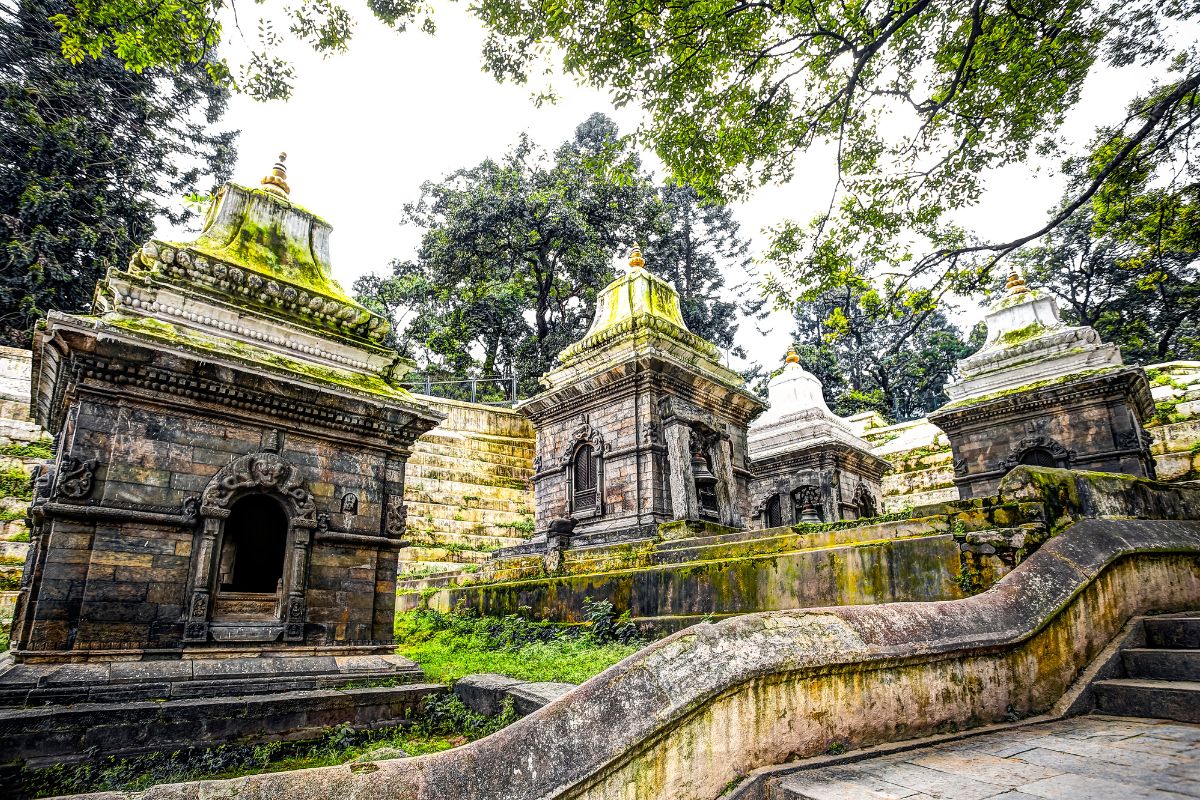The real identity of a certain M Adhikari, listed on the rolls of the CPN-UML as a member of its finance and planning department, remains a riddle. The return of Janardan Sharma as finance minister within a month of facing allegations of irregularities, abrupt resignation, instantaneous parliamentary probe, prompt acquittal and immediate reappointment is a mystery. Why Sher Bahadur Deuba had to reshuffle his cabinet almost a dozen times within a year is an enigma. Amidst all these absurdities, the leader of the opposition in Parliament and ethno~nationalist chieftain Khadga Prasad Sharma Oli was reportedly seen practising his hand on a badminton court in Birtamod. He then came back to Kathmandu and went to observe Bagmati Ganga Aarati at Pashupati to mark Saune Sombar. With so much real life drama, who needs to write and stage plays to depict peculiarities, perplexities and paradoxes of everyday life through imagined realities?
The ground realities, however, aren’t the same for everyone. Sensitive souls perceive the world in ways that the rest fail to comprehend. Playwright, director and actor Sarita Sah attempts to capture the complexities of the citizenship issue in an intriguingly named play Dhakiya Me Nagarikta, which can roughly be translated as “the certificate of citizenship in a bamboo basket”. The title perhaps alludes to the burden one has to carry on the head to survive in a country where an official identity is necessary for every need of a person from the cradle to the cremation ground. After being staged in Kathmandu on Saturday afternoon, the play has been taken to Rautahat, Dhanusha, Siraha and Saptari districts of Madhesh Pradesh. Since the Putsch Ek royal-military coup, the establishment in Kathmandu has been portraying Madheshis as the other of the Nepali self and has institutionalised the archaic principle of jus sanguinis that requires proof of ancestry to establish one’s belongingness.
Advertisement
The idea of nationality as a marker of belonging emanating from one’s ancestral land is neither new nor unique. Montesquieu (1689-1755) is justly famous for theorising about the necessity of the separation of powers. He also philosophised that cultural identity based upon the esprit de la nation was the most authentic basis of establishing a unified political authority. Johann Gottfried Herder (1744- 1803) outlined the still evolving idea of Volksgeist (national spirit) and initiated the movement for the inherent uniqueness of people that differentiated them from everyone else. Volksgeist has remained the zeitgeist of Germany ever since. The cultural uniqueness of Japan expressed through the concept of Nihonjinron is similarly an attempt to assert the primacy of inherited belongingness.
The pitribhoomi (ancestral land) and punyabhoomi (sacred land) formulations of Hindutva ideologue Vinayak Damodar Savarkar (1883- 1966) was a project of imagining a nation of political Hindus.











